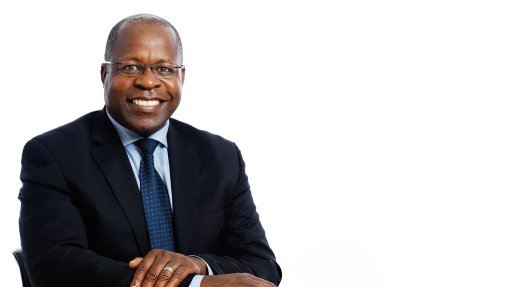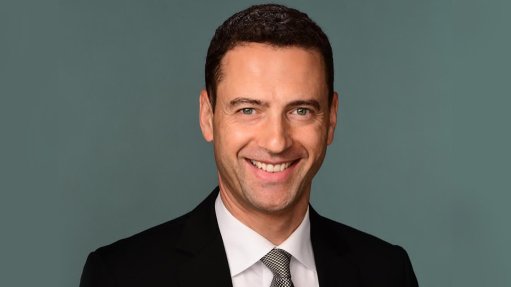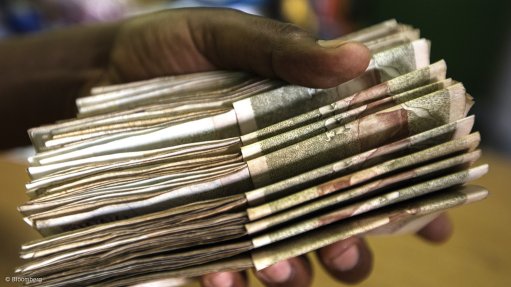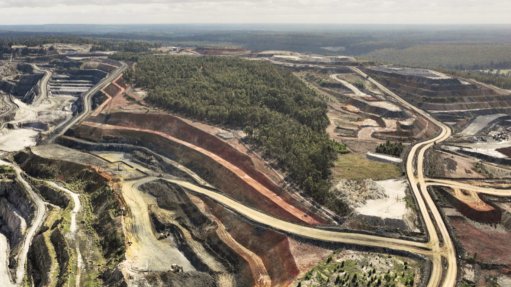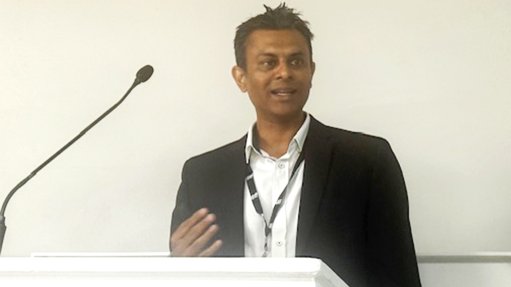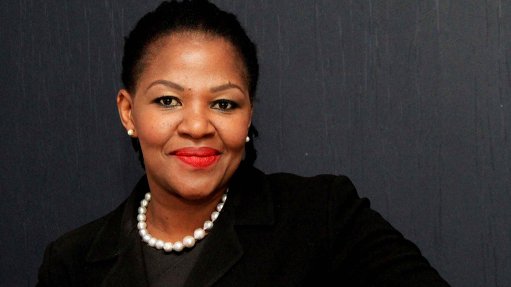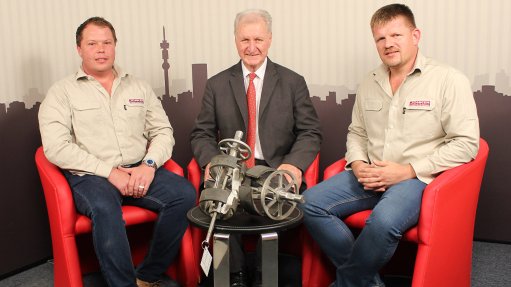eSwatini long-term energy master plan unpacked
The Kingdom of eSwatini is confident it is on the right track in developing its renewable-energy sector to help reduce its reliance on its neighbours for power.
Speaking at the Africa Energy Indaba, eSwatini Energy Minister Peter Bhembe said his country had developed a comprehensive, long-term energy master plan, as well as a subsequent short-term generation plan.
“[A total of] 10 MW of solar photovoltaic (PV) capacity will be commissioned by the end of this year, and an additional 40 MW of solar PV has been awarded to potential independent power producers. We are ready to issue requests for proposals,” he told delegates in Cape Town.
He said a 40 MW biomass procurement programme would follow.
“This proves the continued change in policy support for renewable energy technologies.”
eSwatini has had to rely on imported power from South African power utility Eskom and Mozambique utility Electricidade de Mocambique.
Bhembe said government needed to have the basic interests of its citizens at heart in terms of access to affordable, clean energy. He said it planned to build a pipeline of investment opportunities and that the food-energy-water nexus “could not be left out”.
He noted that eSwatini’s State utility was faring fairly well, as its citizens used prepaid meters.
“We decided to do prepaid metering so that nobody can [avoid paying]. As a result, our utility is the most profitable of all the parastatals in government.
“If a utility has a profit, you feel great as a Minister. The utility is able to finance some projects internally, as money is available.”
He said renewable energy was an enabler as Africa’s population continued to grow.
“Africa must decide how it wants to feed [and] educate [its people], provide healthcare and improve the welfare of its children by 2030 and beyond. Renewable energy is an enabler for all of this.
“This decision must not remain a political one, but one that is translated into enabling frameworks, project delivery and the productive use of energy with the support of development agencies and partner countries.”
He said the renewables sector needed to “attract dramatically more capital” to meet its growing energy needs, as well as meet climate objectives.
“Let our meeting be one of the many steps to help the continent and our different countries realise the much-needed investment in the sector,” he said.
Meanwhile, in another plenary session at the Africa Energy Indaba, Zambia Energy Minister Victor Chingangu said his country needed to review its legal reforms to attract private-sector investors.
He said private partners were reticent to invest until they had assurances from government.
“There are gaps in legal reforms. We need to draw a line as to who should be involved in generation, in transmission, in distribution.”
He said austerity measures had hit investor interest, adding that government needed to create a private-sector-friendly environment.
Meanwhile, Nigerian Ministerial Task Force on Power chairperson Professor Abubakar Sambo pointed out that inadequate finance was hampering investment in Nigeria, where there is 4 500 MW of capacity available to serve 200-million people. Load-shedding has, thus, been a perennial problem in Nigeria.
“The country is protesting the move to increase electricity tariffs. With load-shedding, how can you move to increase tariffs?
Sambo said Nigeria relied mainly on gas for energy and was likely to continue to do so.
“Our path is not purely renewables. Renewables should be a large chunk, but gas has a lower carbon footprint than coal- powered plants, and 80% of our plants in Nigeria are gas-fired.”
He said Nigeria was also considering building a nuclear plant.
Article Enquiry
Email Article
Save Article
Feedback
To advertise email advertising@creamermedia.co.za or click here
Press Office
Announcements
What's On
Subscribe to improve your user experience...
Option 1 (equivalent of R125 a month):
Receive a weekly copy of Creamer Media's Engineering News & Mining Weekly magazine
(print copy for those in South Africa and e-magazine for those outside of South Africa)
Receive daily email newsletters
Access to full search results
Access archive of magazine back copies
Access to Projects in Progress
Access to ONE Research Report of your choice in PDF format
Option 2 (equivalent of R375 a month):
All benefits from Option 1
PLUS
Access to Creamer Media's Research Channel Africa for ALL Research Reports, in PDF format, on various industrial and mining sectors
including Electricity; Water; Energy Transition; Hydrogen; Roads, Rail and Ports; Coal; Gold; Platinum; Battery Metals; etc.
Already a subscriber?
Forgotten your password?
Receive weekly copy of Creamer Media's Engineering News & Mining Weekly magazine (print copy for those in South Africa and e-magazine for those outside of South Africa)
➕
Recieve daily email newsletters
➕
Access to full search results
➕
Access archive of magazine back copies
➕
Access to Projects in Progress
➕
Access to ONE Research Report of your choice in PDF format
RESEARCH CHANNEL AFRICA
R4500 (equivalent of R375 a month)
SUBSCRIBEAll benefits from Option 1
➕
Access to Creamer Media's Research Channel Africa for ALL Research Reports on various industrial and mining sectors, in PDF format, including on:
Electricity
➕
Water
➕
Energy Transition
➕
Hydrogen
➕
Roads, Rail and Ports
➕
Coal
➕
Gold
➕
Platinum
➕
Battery Metals
➕
etc.
Receive all benefits from Option 1 or Option 2 delivered to numerous people at your company
➕
Multiple User names and Passwords for simultaneous log-ins
➕
Intranet integration access to all in your organisation











